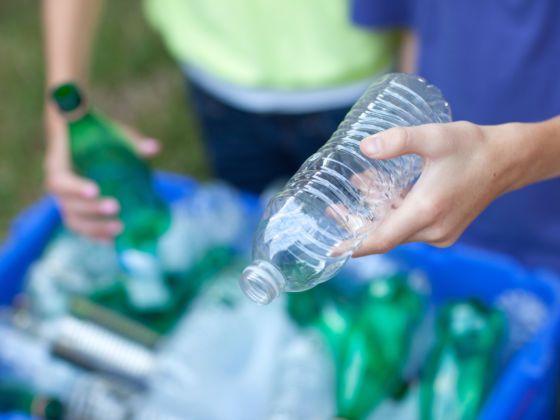This is The Climate Win, the most positive sustainability news around the world every week.
Beginning in the 1970s, the United States and other Western countries began shipping recyclable plastic waste to China. China had the infrastructure, and the labor, to recycle the plastic and other cheap scrap recyclables like paper. But in January of 2018, the country began restricting the imports of these recyclables.
